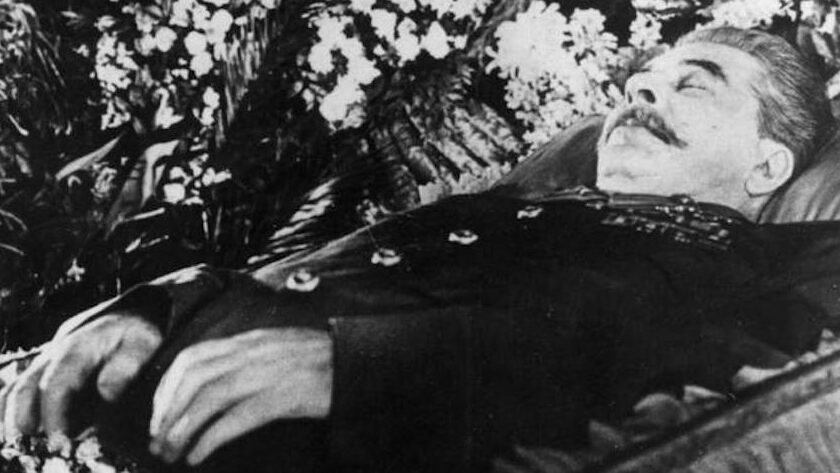
Yesterday marked the 70th anniversary of the dead of Soviet Premier Joseph Stalin, a story many people around the world found out about via my father.
In 1953, he was an editor at United Press. This was five years before UP absorbed International News Service and became known as United Press International. It was a wire service for nearly 3,000 media outlets in the US and 1,500 abroad, competing with the Associated Press to get stories out to their clients first. Beating the other guys by even a few seconds was considered a victory in either newsroom.
On March 5, 1953, Dad was at his desk when he got word from the UP’s correspondent in Moscow that Stalin had died after suffering a stroke a few days earlier. The limited technology of the time meant there was no way for that reporter to get the breaking news out to the world by himself — it had to go through headquarters in New York.
As soon as he got the info, Dad started typing bulletins directly onto the UP wire. No one needed to look over his shoulder and double-check his copy. The facts flew out of his fingers fast enough to beat the AP by a full minute. Phew!
Dad didn’t deserve all the credit, of course. He was merely a conduit for the details his colleague inside the Soviet Union provided. But what happened next is the part of the story I loved the most when my father told it to me.
As word of the story spread, the rest of the United Press news staff — every single one of them, including many not on duty at the time — started returning to the newsroom, sitting down at their desks, and working on sidebars and longer pieces about the brutal dictator’s rule coming to an end. Some called their contacts in the governments of the US and other countries to get official reactions. Others developed stories about how ruthless and cold-blooded Stalin had been and speculation about who would replace him. Editorial writers took to their typewriters to compose op-eds.
Dad said that at one point he was stunned to look around the UP newsroom and see every single one of his colleagues at their desks, working the story. Remember, this was an era long before you could use cell phones to contact the entire staff and tell them to get to the newsroom. However these people heard the bulletin, they immediately made their way into UP headquarters — and stayed there for hours, churning out copy that he edited and posted on the wire so it could show up the next day in newspapers around the world, as well as in the mouths of radio and television broadcasters.
Today, at any large news organization, all of that would still take place, with one exception: no one would have to go to an office to write or file a story. They could do it from anywhere. And within five minutes, some teen would have posted their celebratory “Stalin Is Dead” dance on TikTok and gone more viral than anything my father ever typed.
Previously on Harris Online…
